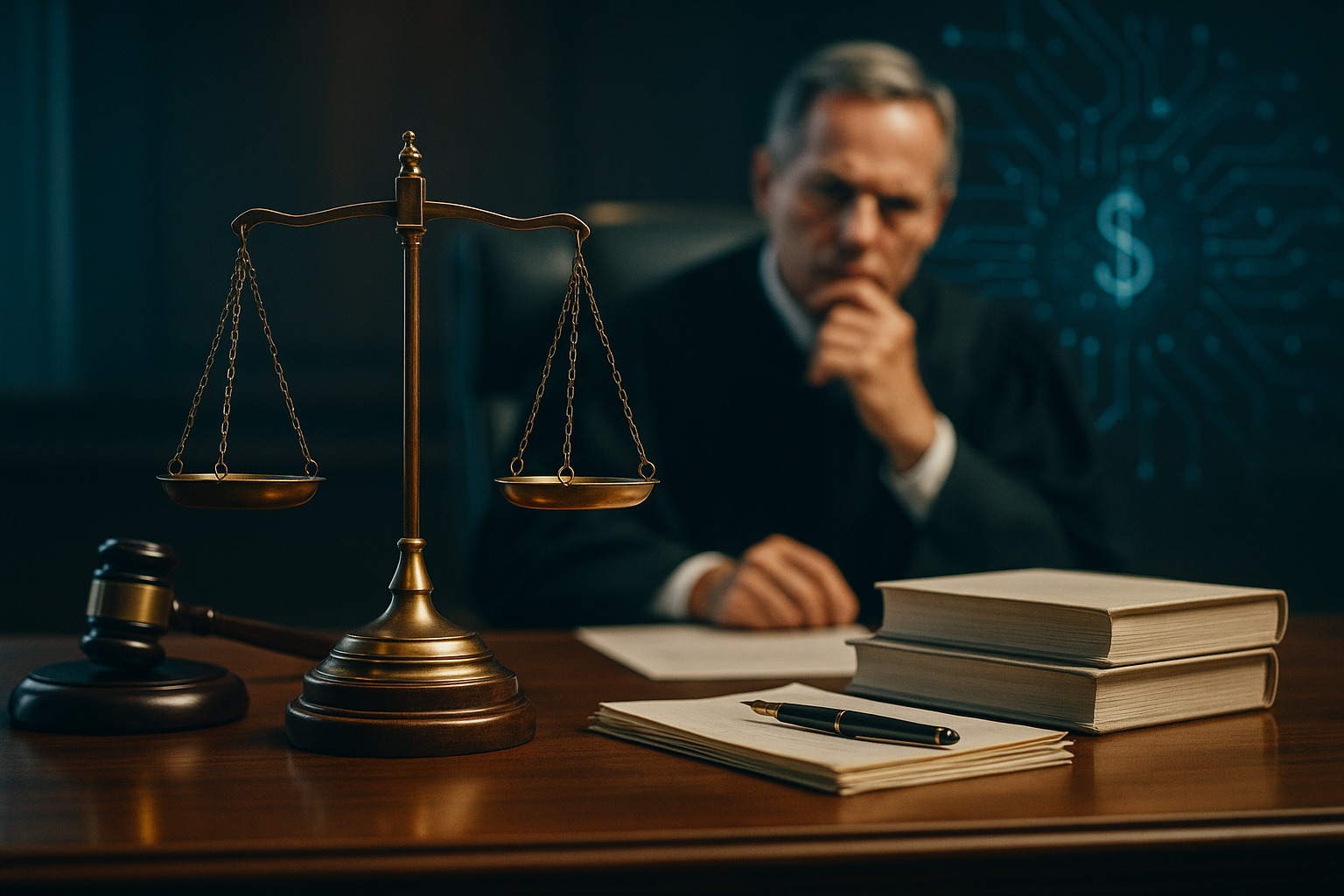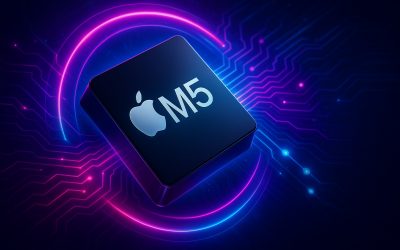A federal judge is putting the brakes on what could be the largest copyright settlement in American history, raising serious concerns about whether half a million authors are about to get shortchanged in a massive AI lawsuit.
The $1.5 Billion Deal That Has Everyone Talking
Anthropic, the company behind the Claude AI chatbot, recently agreed to pay a record-breaking $1.5 billion to settle a class-action lawsuit involving approximately 500,000 authors. The case centers around allegations that Anthropic used pirated copies of copyrighted books to train its AI models without permission.
Under the proposed settlement terms, each affected author would receive around $3,000 per work included in the lawsuit. While this might sound straightforward, U.S. District Judge William Alsup isn’t convinced the deal serves the authors’ best interests.
Why the Judge Hit the Pause Button
Judge Alsup expressed serious reservations about the settlement during recent court proceedings, particularly concerned that the agreement might be “forced down the throat of authors.” His worry centers on whether the authors truly understand what they’re agreeing to and whether they have adequate protection under the current terms.
The judge has demanded that the legal teams provide much clearer communication to class members about the settlement’s implications. He wants authors to receive “very good notice” about the deal and insists on a claim form that gives each author the explicit choice to opt in or opt out of the settlement.
Additionally, Alsup requires assurance that Anthropic cannot face future lawsuits for the same copyright infringement issues once this settlement is approved.
The Legal Background That Led Here
This lawsuit stems from a fascinating legal distinction that emerged earlier in the case. In June, Judge Alsup made a landmark ruling that split the baby on AI copyright law. He determined that using copyrighted books to train AI models constitutes “fair use” when those books are obtained legally – essentially saying AI companies can learn from copyrighted material just like humans do.
However, the judge drew a hard line at piracy. He ruled that Anthropic’s use of more than 7 million pirated books from sites like Library Genesis and Pirate Library Mirror definitely crossed legal boundaries. This distinction between legal and illegal acquisition of training material became the foundation for the current settlement negotiations.
What This Means for the AI Industry
The settlement represents a significant moment for the entire artificial intelligence sector. With over 40 similar copyright lawsuits pending against various AI companies, this case could establish important precedents for how the industry handles intellectual property rights.
Several high-profile legal battles are ongoing, including cases involving:
- Authors like Ta-Nehisi Coates and Sarah Silverman against Meta
- Various writers’ groups against OpenAI and Microsoft
- Visual artists challenging multiple AI image generation companies
The outcome of the Anthropic settlement could influence how these other cases proceed and what kind of compensation creators might expect.
Authors and Publishers Weigh In
Despite the judge’s concerns, major industry groups have endorsed the proposed settlement. The Association of American Publishers (AAP) has publicly supported the $1.5 billion agreement, describing it as a meaningful victory for copyright holders.
Justin Nelson, the attorney representing the authors, called the settlement “the first of its kind in the AI era” and emphasized that it sends a powerful message requiring AI companies to compensate copyright owners for their work.
The Timeline Moving Forward
Judge Alsup has given the legal teams until September 15 to submit a comprehensive list of works involved in the lawsuit. The parties must also address his concerns about notification procedures and opt-out mechanisms before he’ll consider preliminary approval.
If approved, Anthropic would make the settlement payments in four installments, starting with a $300 million payment within five business days of court approval. The company has also agreed to delete all illegally downloaded content from its systems, though it hasn’t admitted to any wrongdoing.
Financial Impact on Anthropic
The timing of this settlement coincides with Anthropic’s recent massive funding round. The company just completed a $13 billion investment round that values it at $183 billion, putting it in a strong position to handle the settlement costs.
This financial cushion likely influenced Anthropic’s willingness to settle rather than risk a trial that could have resulted in statutory damages of up to $150,000 per infringed work – potentially reaching hundreds of billions of dollars given the millions of pirated books allegedly used.
Broader Implications for Creative Industries
The case highlights the ongoing tension between rapid AI development and traditional copyright protections. While the settlement provides compensation for past infringement, it doesn’t resolve the fundamental questions about how AI companies should acquire training data going forward.
Some industry experts worry that large settlements like this one could lead to higher costs for AI services, potentially stifling innovation. Others argue that meaningful compensation for creators is essential for maintaining a healthy creative ecosystem alongside advancing AI technology.
Looking Ahead: What Authors Should Know
Authors involved in the class action should watch for official communications about the settlement terms and their options. The judge’s insistence on clear notification means they should receive detailed information about:
- Whether to participate in the settlement or opt out
- What rights they’re giving up by participating
- How the $3,000 per work payment would be calculated and distributed
- What protections exist against future similar claims
The case represents a crucial test of how courts will balance innovation in AI technology with protecting the rights of content creators. As Judge Alsup works through his concerns about the settlement structure, his decisions could shape copyright law for the entire AI industry.
Bottom Line: While $1.5 billion sounds like a massive victory for authors, the judge’s careful scrutiny suggests that ensuring fair treatment for creators in the AI age requires more than just big settlement numbers. The outcome of this case will likely influence how AI companies approach copyright issues for years to come.




Post a comment